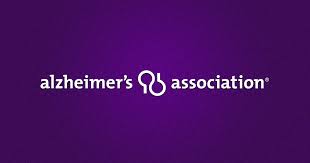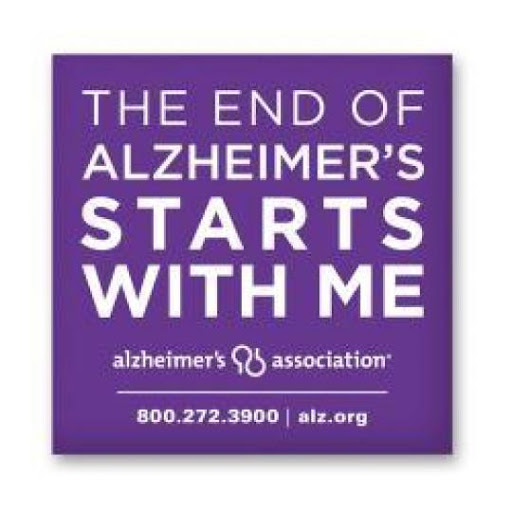The Alzheimer’s Association has been running a number of interesting stories in recognition of National Family Caregivers Month. A recent story featured a 56-year-old woman named Ricci Sanchez who was chief operating office of a large hospital when she realized she was coming down with younger-onset Alzheimer’s disease. She was relying on sticky notes just to get through the day. She was referred to the Nantz National Alzheimer’s Center where she enrolled in the Longitudinal Early-Onset Alzheimer’s Disease (LEADS) study. Her husband of 36 years, Andy, is now his caregiver—he previously was a caregiver for both of his parents. His father, who passed away in 2017, had dementia, while his mother, who passed away in 2020, had Parkinson’s disease. What a sad way to end what are supposed to be your golden years.








